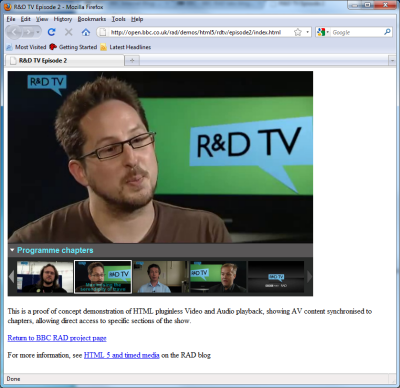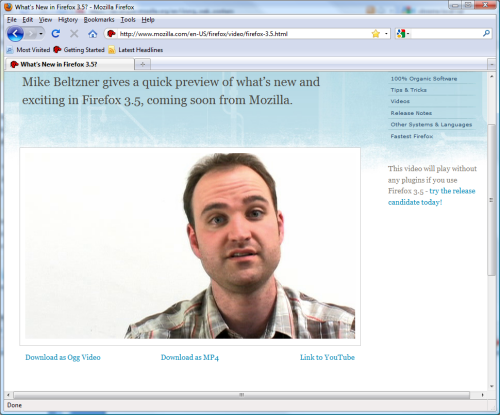I was mildly surprised to see that Apple has approved Spotify for iPhone. Reason: if someone buys into the Spotify subscription model, why would they ever want to purchase music from iTunes, whether for iPhone or elsewhere? The iPhone version lets you listen to selected tracks offline, so that is not a problem.
Here’s a bit of speculation. Maybe Spotify benefited from the fallout over Apple’s rejection of the Google Voice application – though Apple says it “continues to study it”. The Google Voice move drew articles like Apple is growing rotten to the core from TechCrunch. The question for Apple: did it want another high-profile, self-interested app rejection while still fighting Google Voice?
A further consideration is that Spotify is a tiny company compared to Google; music download/streaming enterprises come and go, and Spotify has a tricky task ahead making its business model work, as Mark Mulligan observes. Further, there’s nothing to stop Apple launching its own streaming, subscription service if it chooses to do so.
If Apple felt it had to choose between the threat of Google Voice, and the threat of Spotify, it is easy to see why it would pick the latter.
It follows that if you want to get your difficult, might-compete-with-Apple app into App Store, you should:
1. Build a decent-sized community around your service first.
2. Make a lot of noise when you submit your app.
3. Make even more noise should Apple reject it (this did not apply to Spotify, but it has worked for others).
4. Choose a moment when Apple is already embroiled in App Store battles that are more important than yours.
Publicity makes all the difference.
With all this, will Spotify succeed? The service is fantastic, but I’m not sure about people’s willingness to add £10 per month to their already-expensive iPhone contracts. However, I still think what I have argued for years: that in the digital age, music subscription makes more sense than paid-for permanent downloads.

